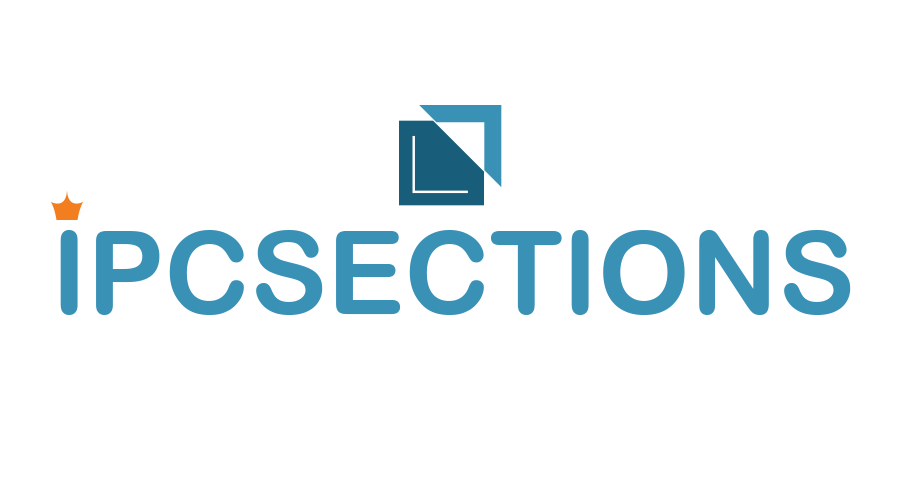In the realm of payroll, deciphering the complexities of deductions can be akin to navigating a labyrinth. Employees often find themselves puzzled by the various entries on their free check stub maker, unsure of what can or cannot be included. Let’s delve into the intricacies of paystub deductions to shed light on this enigma.
Understanding Allowable Deductions
Allowable deductions encompass a wide array of expenses that an employer may subtract from an employee’s paycheck. These deductions typically fall into two categories: mandatory and voluntary.
Mandatory Deductions:
Mandatory deductions are those that employers are legally obligated to withhold from an employee’s wages. This includes federal and state taxes, Social Security contributions, and Medicare premiums.
Voluntary Deductions:
Voluntary deductions, on the other hand, are elected by the employee and may include contributions to retirement plans, health insurance premiums, or charitable donations.
Exclusions from Deductions
While many expenses can be deducted from an employee’s pay, certain items are expressly prohibited from inclusion on a paystub. It’s crucial to understand these exclusions to ensure compliance with labour laws and regulations.
Illegal Deductions:
Employers are prohibited from making deductions that violate federal or state labour laws. This includes withholding wages for uniforms, tools, or other business expenses unless expressly authorized by the employee or required by law.
Discriminatory Deductions:
Deductions that discriminate against employees based on protected characteristics such as race, gender, or religion are strictly prohibited. This includes withholding wages as a form of punishment or retaliation.
Navigating the Legal Landscape: Compliance and Enforcement
Ensuring Compliance with Labor Laws
Employers bear the responsibility of ensuring that all deductions made from an employee’s paycheck comply with applicable labour laws and regulations. Failure to do so can result in severe penalties and legal consequences.
Employee Rights and Remedies
Employees have the right to challenge any unauthorized or unlawful deductions from their pay. They may file a complaint with the appropriate regulatory agency or seek legal recourse to recover any wrongfully withheld wages.
Conclusion
In conclusion, understanding deductions on a free check stub maker with calculator is essential for both employers and employees alike. By familiarizing themselves with allowable deductions and exclusions, individuals can ensure compliance with labour laws and protect their rights in the workplace. Remember, knowledge is power when it comes to navigating the intricacies of payroll deductions.

